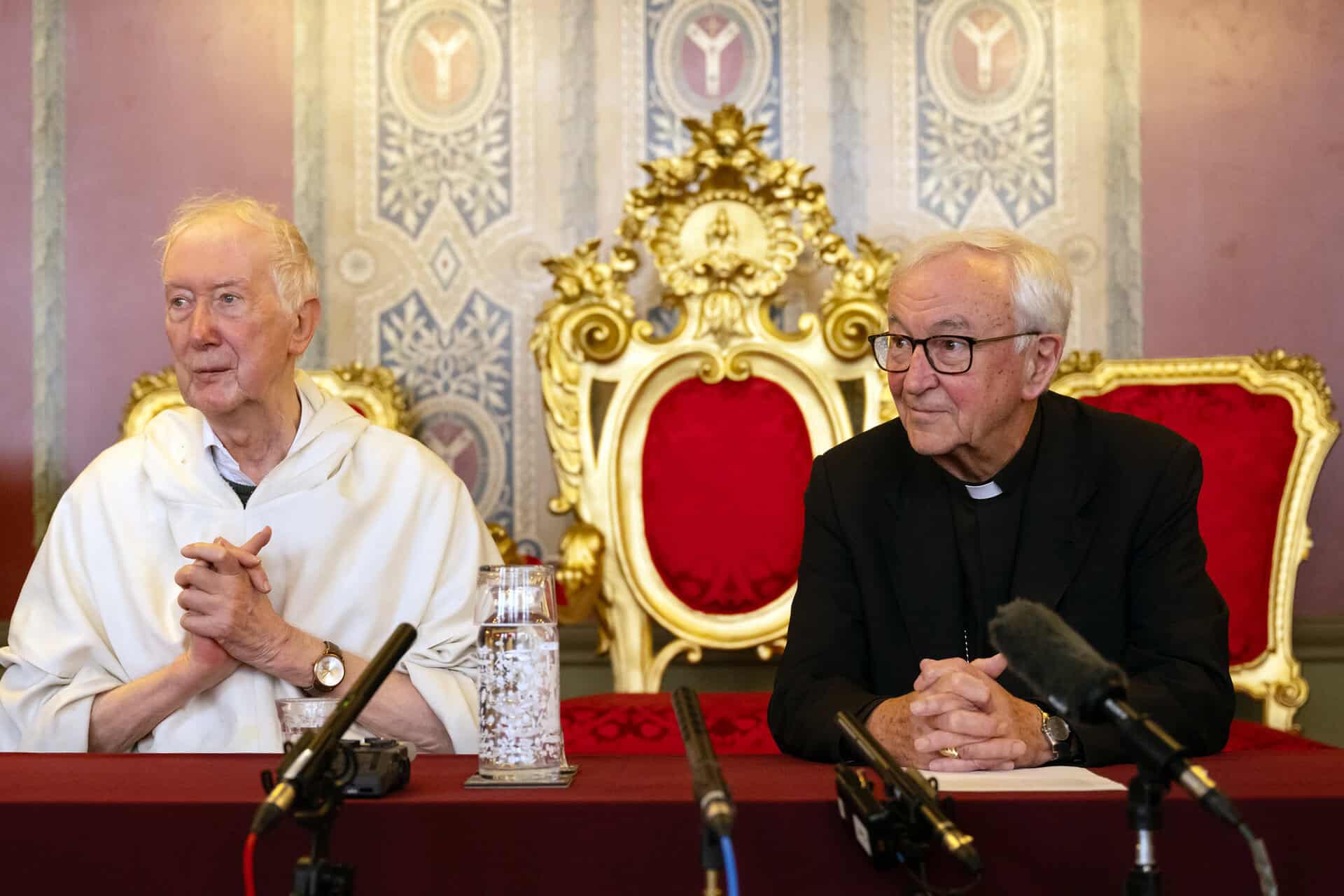Faith & Culture: Breaking Boundaries in Global Religious Landscapes - May 7, 2025

Conclave Begins: Cardinals Gather to Select New Pontiff
The Vatican prepares for a momentous occasion as cardinals from around the world convene this afternoon to commence the historic process of electing a new Pope. The conclave represents a pivotal moment of spiritual leadership and global Catholic unity.
English cardinals are bringing their distinctive approach to the proceedings, characterized by a pragmatic and thoughtful perspective that balances traditional values with contemporary understanding. Their reputation for measured and practical deliberation could significantly influence the selection process.
Meanwhile, Coventry Cathedral continues to shine as a beacon of hope and reconciliation, demonstrating how worship and artistic expression can bridge cultural and religious divides. The cathedral stands as a powerful symbol of healing and understanding in a complex world.
In a celebration of cultural heritage, support grows for British Jewish History Month, highlighting the significant contributions of the Jewish community to British society. This recognition promotes understanding, respect, and appreciation of Jewish culture and history.
Muslim Aid marks a remarkable milestone with its 40th anniversary, reflecting decades of humanitarian service and commitment to supporting communities in need across the globe. The organization's enduring legacy underscores the importance of compassion and global solidarity.
